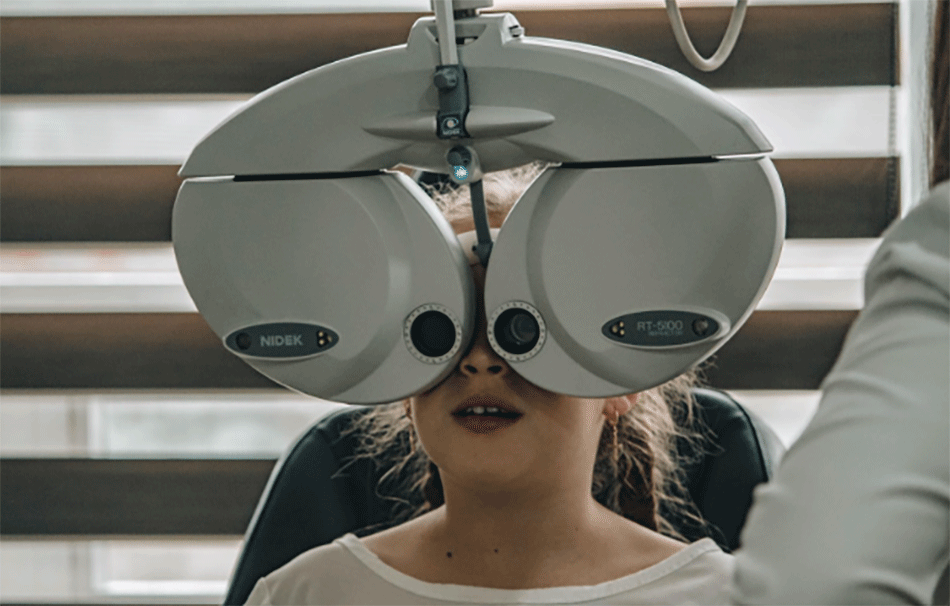By Megan Isola
To keep yourself healthy, you engage in certain activities, such as exercising, eating a healthy diet, and managing your stress. However, even the healthiest people need to see their doctors from time to time. Visiting your doctor is part of ensuring your health and wellness. Unfortunately, many people don’t see their doctors enough, and some even refuse to go to the doctor when they’re unwell or showing symptoms of illness.
So how often should you visit your doctor? It depends on your health. Most healthy adults only need to see their doctors once a year for an annual physical to ensure they’re in good health. Other than that, unless your doctor finds signs of illness, you likely won’t have to visit your doctor again unless you come down with an illness or start experiencing symptoms that worry you.
Why Should You See Your Doctor?
Many people believe there’s no reason to visit their doctor unless they’re feeling ill. However, only going to the doctor when you’re sick can be dangerous to your health. Here are some of the benefits of visiting your doctor even when you’re not feeling ill:
- Helps to discover health issues before they become serious
- Receive treatment for illnesses
- Keeps you on top of vaccination schedules and screening tests, including mammograms and colonoscopies
- Can save you money
- Develops trust with your primary care physician
- Helps to prevent serious illness later in life
When Should You Visit Your Doctor?
When you see your doctor depends on several factors, including your age, risk factors, and current health condition. Of course, everyone is different, and many people visit the doctor to put their minds at ease. If you’re wondering whether you should go to the doctor based on your symptoms, you can always call your primary care physician’s office and talk to a nurse.
The Age of 50
Individuals in good health that are under the age of 50 should see their doctor at least once every three years for checkups, while others may be required to see their doctors more frequently depending on the nature of their work. After the age of 50, you should see your doctor once a year to ensure your health. Seniors should see their doctors more than that for blood tests and labs, even if there are no issues.
Illnesses
Individuals suffering from chronic illnesses like diabetes and essential tremor should visit their doctor more frequently, although the schedule will be set by the physician. A checkup includes height, weight, temperature, and blood pressure, which your doctor will compare from previous visits to ensure your treatment is working. Of course, during these checkups and follow-up visits, you can discuss any new symptoms or health issues you’re having, whether or not they’re associated with your chronic illness.
Screening Tests
Depending on your age, health, and gender, you may be required to visit different doctors for yearly screening tests. In most cases, your primary care physician will schedule these screenings beforehand to ensure you know when you’re due. Screening tests may include:
- PAP smears for women between the ages of 21 and 65
- Mammograms for women between the ages of 50 and 75
- Cholesterol screening for men and women starts at age 35 or 45, depending on your physician’s recommendations
- Prostate exams for men at age 50
Depending on your weight and risk factors, your doctor may recommend additional screening tests.
Types of Doctors
You have more than one type of doctor, so while visiting your primary care physician every year can help you take care of some aspects of your physical health, you should consider how often you should see other doctors to maintain or improve your overall health.
Eye Doctors
You should get annual eye exams even if you have perfect vision to ensure the health of your eyes. Both adults and children should have eye exams once a year, but if you start to experience symptoms like discomfort, blurry vision, dryness, or itching, it could indicate an eye health concern, so you should visit your local eye doctor as soon as possible.
Gynecologists
Individuals with vaginas should see their gynecologist at least once a year for a check-up and PAP smear, STI testing, or to discuss birth control. Meanwhile, individuals who are pregnant should have monthly or weekly appointments, depending on which trimester of pregnancy they’re in. If you’re unsure how often to see your doctor when pregnant, you can call their office for guidance. Of course, you should schedule a visit with your gynecologist as soon as you learn about your pregnancy. While false positives are relatively rare, you should still confirm the pregnancy and get advice on how to take care of yourself throughout every trimester.
Gastroenterologist
How often to see a gastroenterologist depends on your symptoms and age. However, individuals between the ages of 45 and 50 should have a colonoscopy. However, those with a family history of colon cancer should make an appointment earlier in life. If you’re unsure whether to visit a gastroenterologist, consult your primary care physician, who can take into account any symptoms you’re experiencing.
Dermatologist
In most cases, healthy adults do not have to visit a dermatologist unless they experience skin issues, such as acne, eczema, or skin cancer. However, individuals with a history of skin cancer in the family should perform full body exams at home to check for any moles that may change over time. Other than that, how often you see a dermatologist depends on your unique skin concerns. For example, if you’ve had melanoma, your dermatologist might require you to come in at least twice a year for an examination. Meanwhile, those with ongoing issues like acne or eczema should see their dermatologist every few months to ensure treatment is effective.
Urologist
You don’t have to see a urologist until you experience symptoms if you’re healthy and under the age of 50. However, men over the age of 50 should see their urologist every year for prostate cancer screening. Meanwhile, patients who have experienced kidney stones may need to schedule follow-ups with a urologist every year.
Dentist
You should see your dentist at least once or twice per year for examination and teeth cleaning. If you go yearly, your dentist will take x-rays and track your dental health to ensure you’re not at risk for dental disease and other serious issues. Of course, you should also schedule appointments with your dentist on an as-needed basis if you experience any changes in your mouth or with your teeth. For example, someone with new tooth sensitivity should visit their dentist as soon as possible because they may have a cavity.
Final Thoughts
Healthy individuals don’t typically need to visit a doctor more than once per year unless they’re experiencing health concerns. Of course, since there are multiple doctors you must see, it’s always best to schedule appointments in advance to help you plan. Any time you’re concerned about your health, contact your doctor to set up an appointment to discuss symptoms and potential treatment plans to help you feel better faster.
About the Author
 Megan Isola holds a Bachelor of Science in Hospitality and a minor in Business Marketing from Cal State University Chico. She enjoys going to concerts, trying new restaurants, and hanging out with friends.
Megan Isola holds a Bachelor of Science in Hospitality and a minor in Business Marketing from Cal State University Chico. She enjoys going to concerts, trying new restaurants, and hanging out with friends.
Disclaimer: This article contains sponsored marketing content. It is intended for promotional purposes and should not be considered as an endorsement or recommendation by our website. Readers are encouraged to conduct their own research and exercise their own judgment before making any decisions based on the information provided in this article.



































